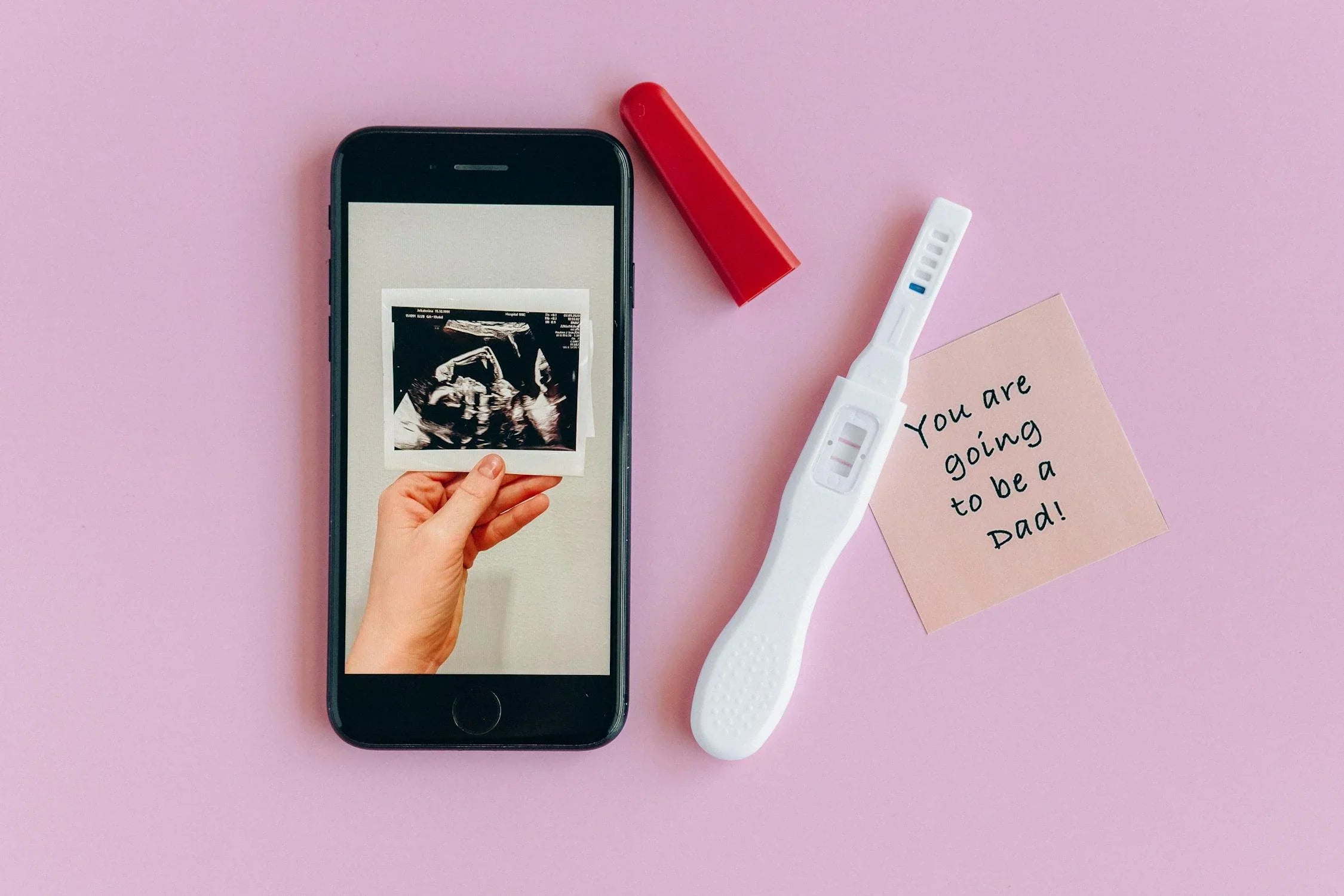Home
Pregnancy, Breastfeeding, and Pumping: The Ultimate Guide for Moms
How Many Weeks Can You Test Positive for Pregnancy

How Many Weeks Can You Test Positive for Pregnancy
Pregnancy is a life-changing event, and understanding the science behind pregnancy tests can help you navigate this journey with confidence. One of the most common questions women ask is, how many weeks can you test positive for pregnancy? The answer depends on several factors, including the type of test used, the sensitivity of the test, and individual biological variations. This article dives deep into the details to provide clarity on this important topic.
Understanding Pregnancy Tests
Pregnancy tests work by detecting the presence of human chorionic gonadotropin (hCG), a hormone produced by the placenta after implantation. hCG levels rise rapidly in early pregnancy, doubling approximately every 48 to 72 hours. Most home pregnancy tests are designed to detect hCG levels as low as 25 mIU/mL, while some more sensitive tests can detect levels as low as 10 mIU/mL.
When Can You First Test Positive?
The timing of a positive pregnancy test depends on when implantation occurs. Implantation typically happens 6 to 12 days after ovulation. Once implantation occurs, hCG levels begin to rise. For most women, a pregnancy test can detect hCG levels as early as 7 to 10 days after ovulation. However, testing too early can result in a false negative, so it's often recommended to wait until after a missed period for more accurate results.
How Long Can You Test Positive?
After a positive pregnancy test, hCG levels continue to rise until around 8 to 11 weeks of pregnancy, after which they begin to plateau and eventually decline. This means that you can continue to test positive for pregnancy for several weeks after conception. However, the duration of a positive test result can vary depending on factors such as the sensitivity of the test and individual hCG levels.
Factors That Influence hCG Levels
Several factors can influence how long you test positive for pregnancy. These include:
- Multiple Pregnancies: Women carrying twins or triplets often have higher hCG levels, which may result in a longer duration of positive test results.
- Miscarriage or Pregnancy Loss: After a miscarriage, hCG levels can take several weeks to return to normal, potentially leading to continued positive test results.
- Ectopic Pregnancy: In cases of ectopic pregnancy, hCG levels may rise more slowly or inconsistently, affecting the duration of positive test results.
- Medications: Certain fertility treatments or medications containing hCG can also influence test results.
When to Consult a Healthcare Provider
If you have concerns about your pregnancy test results or how long you are testing positive, it's important to consult a healthcare provider. They can perform a blood test to measure hCG levels more accurately and provide guidance based on your individual circumstances. Additionally, if you experience symptoms such as severe pain, bleeding, or other unusual signs, seek medical attention immediately.
Common Misconceptions About Pregnancy Tests
There are several misconceptions surrounding pregnancy tests that can lead to confusion. For example, some people believe that a faint line on a test indicates a false positive, but this is not necessarily true. A faint line often means that hCG levels are low but still detectable. Another misconception is that all pregnancy tests are equally sensitive, which is not the case. Always read the instructions carefully and choose a test that suits your needs.
Tips for Accurate Testing
To ensure the most accurate results, follow these tips when taking a pregnancy test:
- Use the first urine of the day, as it is more concentrated and likely to contain higher levels of hCG.
- Read the instructions carefully and follow them precisely.
- Avoid drinking excessive fluids before testing, as this can dilute hCG levels.
- If you receive a negative result but still suspect you might be pregnant, wait a few days and test again.
The Emotional Aspect of Pregnancy Testing
Pregnancy testing can be an emotional experience, whether you're hoping for a positive or negative result. It's important to approach the process with patience and self-compassion. If you're struggling with anxiety or uncertainty, consider reaching out to a trusted friend, family member, or counselor for support.
Understanding how many weeks you can test positive for pregnancy is just one piece of the puzzle. Every woman's journey is unique, and there's no one-size-fits-all answer. By staying informed and seeking support when needed, you can navigate this exciting and sometimes challenging time with confidence. Whether you're eagerly awaiting a positive result or processing unexpected news, remember that you're not alone.
Share
